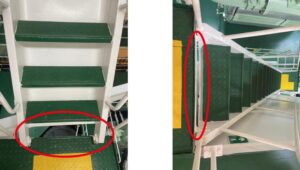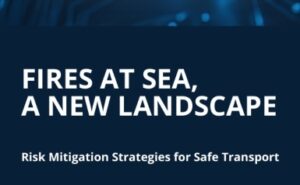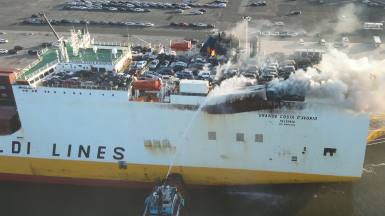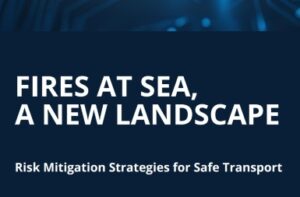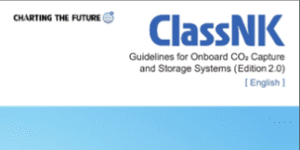
ClassNK has released second edition of “Guidelines for Onboard CO2 Capture and Storage Systems”. It assumes onboard CO2 capture systems (OCCS) use of a membrane separation method which are expected to be applicable to a wide variety of vessel types. The guidelines can support the safety development, manufacturing, and installation of relevant systems.
Not only fuel transition, but interest in capturing CO2 from ships’ exhaust gas is growing as a way to reduce GHG emissions. Development of onboard systems for capturing and storing CO2 is also being carried out. Continue reading “ClassNK publishes Guidelines for Onboard CO2 Capture and Storage Systems”


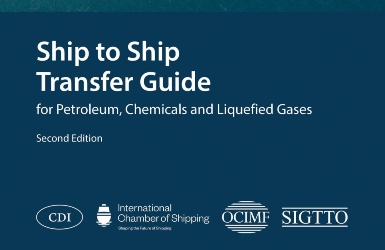 The Chemical Distribution Institute (CDI), International Chamber of Shipping (ICS), Oil Companies International Marine Forum (OCIMF) and the Society of International Gas Tanker and Terminal Operators (SIGTTO) have released the second edition of ‘Ship to Ship Transfer Guide for Petroleum, Chemicals and Liquefied Gases’.
The Chemical Distribution Institute (CDI), International Chamber of Shipping (ICS), Oil Companies International Marine Forum (OCIMF) and the Society of International Gas Tanker and Terminal Operators (SIGTTO) have released the second edition of ‘Ship to Ship Transfer Guide for Petroleum, Chemicals and Liquefied Gases’.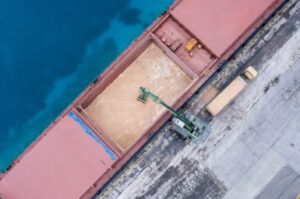
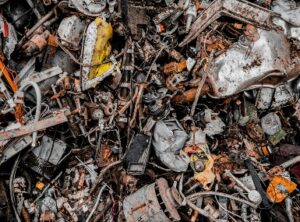 NorthStandard P&I Club has issued guidance on the rising fire risks associated with scrap metal cargoes, particularly those coming from East Coast USA and Ghent, Belgium. They highlight the need for strict vigilance.
NorthStandard P&I Club has issued guidance on the rising fire risks associated with scrap metal cargoes, particularly those coming from East Coast USA and Ghent, Belgium. They highlight the need for strict vigilance.
